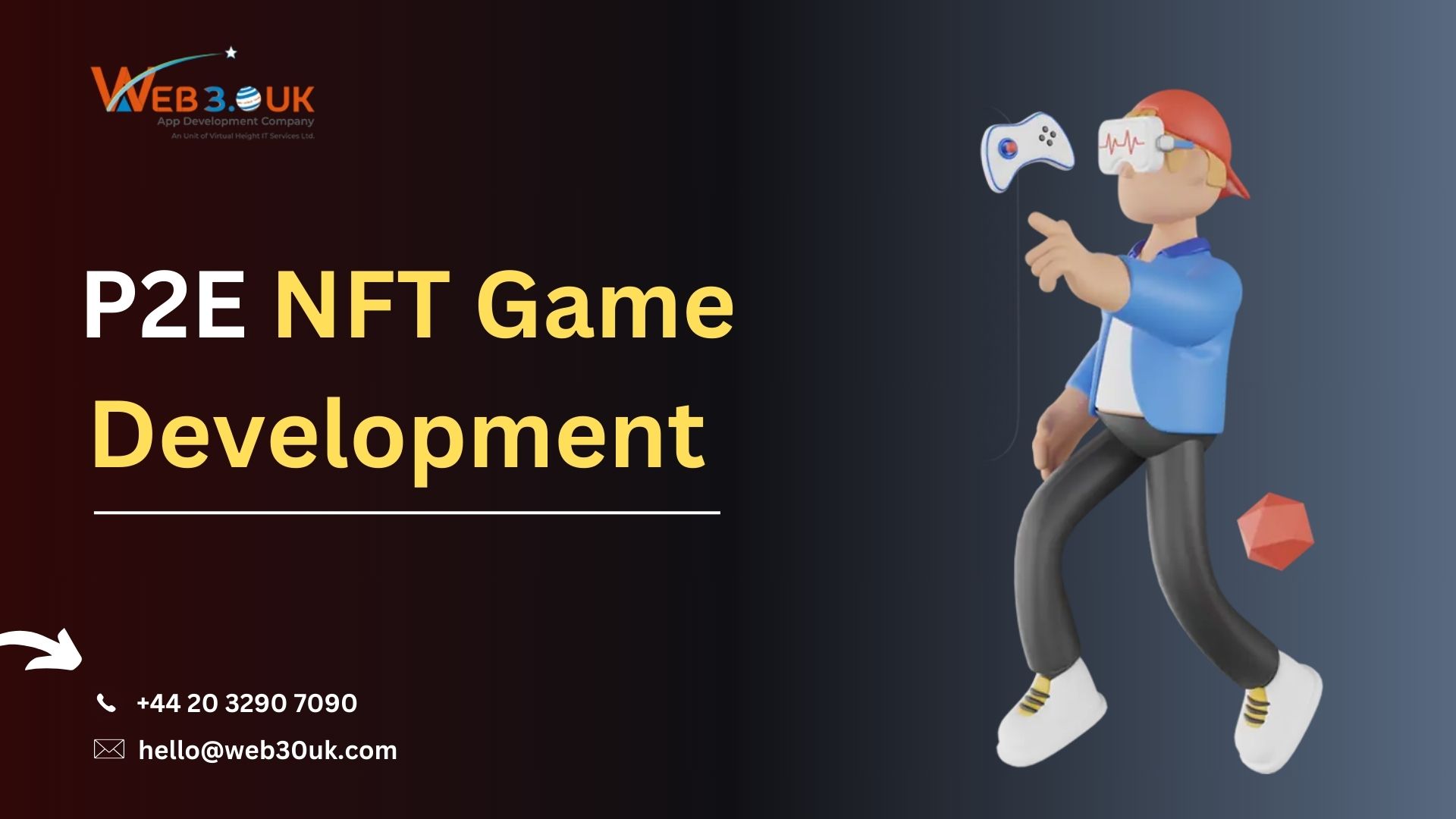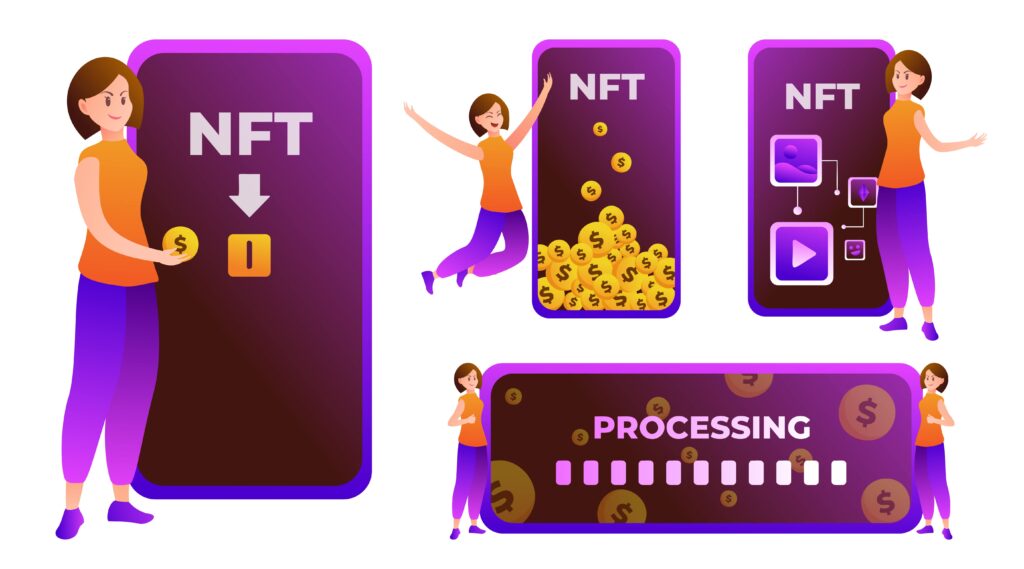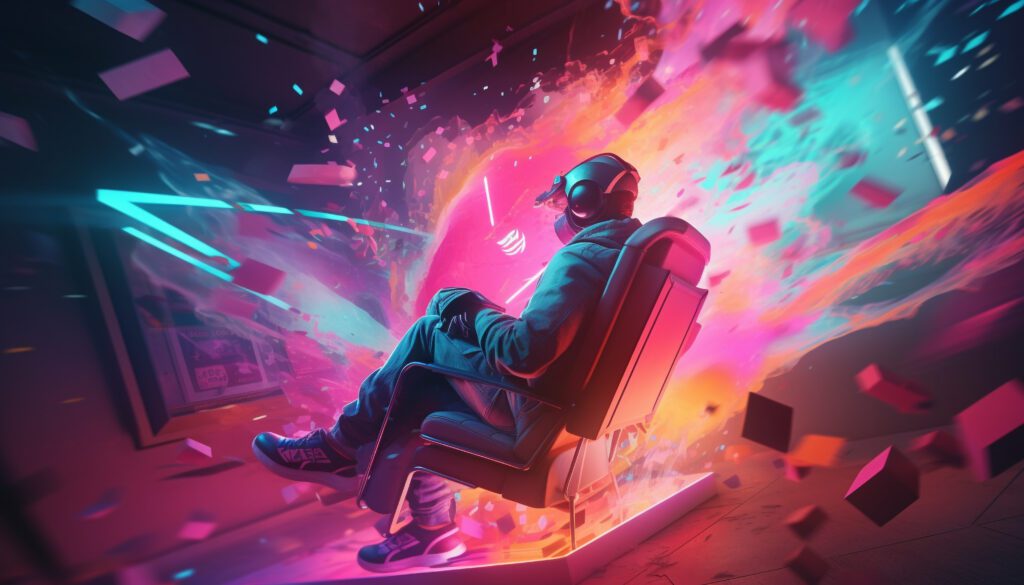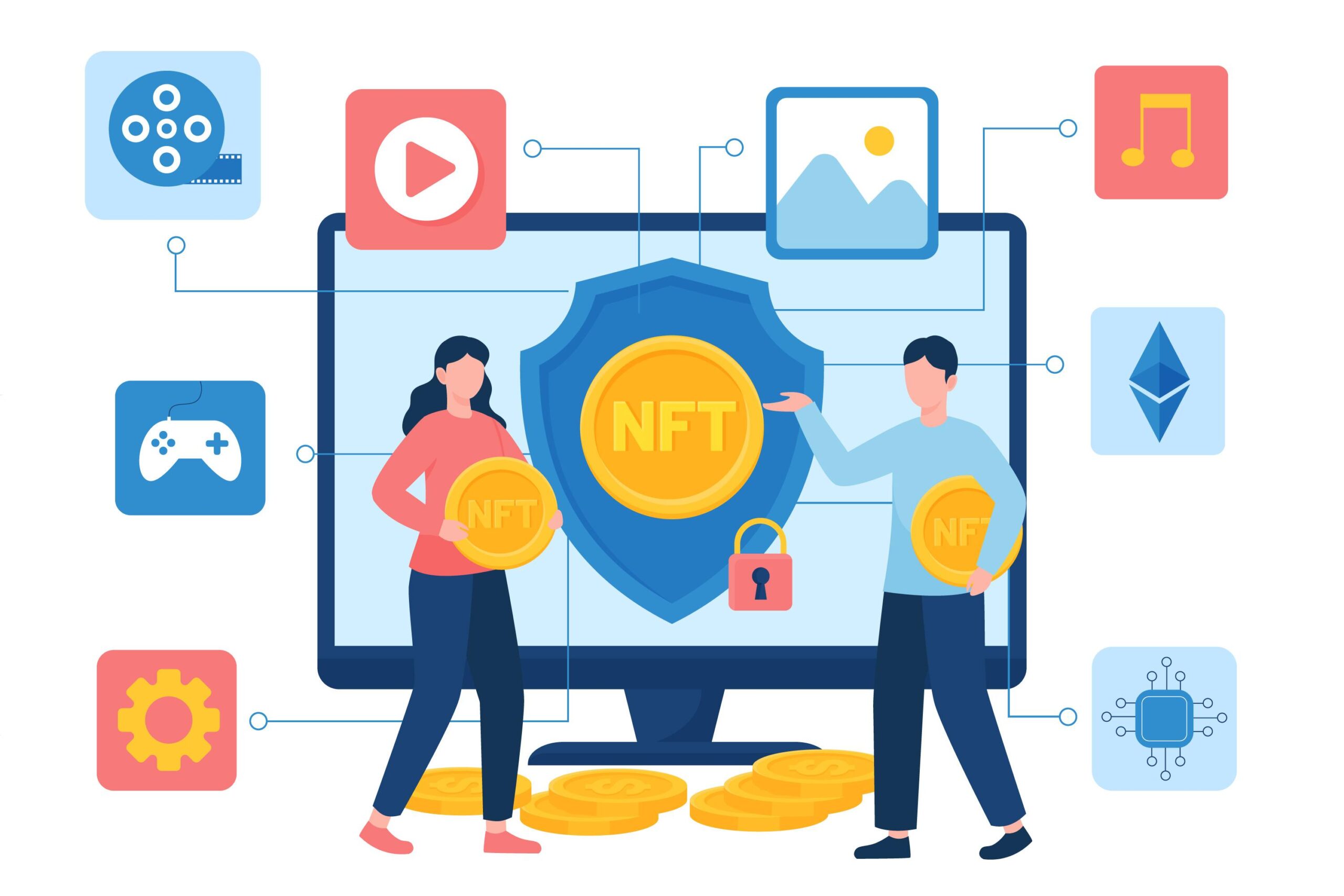In recent years, the world of gaming has witnessed a monumental shift with the emergence of Play-to-Earn (P2E) NFT games. This revolutionary concept has not only transformed how gamers interact with virtual worlds but has also opened up unprecedented opportunities for game developers and players alike. In this article, we’ll embark on a journey to explore the thriving universe of P2E NFT Game Development, delving into its intricacies, potential, and the future it holds.
The Rise of P2E NFT Games
To understand the significance of P2E NFT Game Development, we must first grasp the concept’s origin and rapid growth. Play-to-earn games are a subset of blockchain-based games where players can earn real-world value by participating in the game’s ecosystem. This value is often represented by Non-Fungible Tokens (NFTs), unique digital assets that can be bought, sold, and traded.
The appeal of P2E NFT games lies in their ability to bridge the virtual and real worlds. Gamers can monetize their skills, time, and in-game assets, thus blurring the lines between play and work. This innovative approach has attracted a massive player base, making P2E NFT games a lucrative industry.
Game Development in the P2E Landscape
Creating a P2E NFT game involves a unique set of challenges and opportunities for developers. Here are some key aspects to consider:
➤Blockchain Integration
Blockchain Technology forms the backbone of P2E NFT games. Developers need to choose the right blockchain platform that aligns with their game’s goals. Ethereum, Binance Smart Chain, and Polygon are popular choices for NFT-based games.
➤Smart Contracts
Smart contracts enable the creation, ownership, and transfer of NFTs. Developers must design and implement smart contracts that govern in-game assets, transactions, and rewards.
➤NFT Minting
Minting NFTs involves converting in-game assets into unique digital tokens. This process requires meticulous attention to detail to ensure the scarcity and authenticity of these assets.
➤Economic Models
Designing a sustainable economic model is crucial for P2E NFT games. Balancing rewards, tokenomics, and incentives for players is a delicate art that can make or break a game’s success.
➤Community Engagement
Building a strong and engaged community is paramount in the P2E space. Developers must foster a sense of ownership and collaboration among players.
Read Also ➤How Does Metaverse Affect the Future of Gaming
The Player’s Perspective
For gamers, P2E NFT games offer a novel and exciting way to engage with virtual worlds. Here’s why players are flocking to these games:
➤Earning Opportunities
P2E NFT games empower players to earn real income while doing what they love—playing games. This income can come from selling NFTs, participating in in-game economies, or even staking tokens.
➤Ownership and Scarcity
NFTs provide players with true ownership of in-game assets. Whether it’s a unique weapon, character skin, or virtual real estate, players can buy, sell, and trade these assets freely.
➤Transparency and Trust
Blockchain Technology ensures transparency in P2E games. Players can verify the scarcity, origin, and ownership history of NFTs, fostering trust within the gaming community.
The Future of P2E NFT Game Development
As P2E NFT games continue to gain momentum, their future looks incredibly promising. Here are some developments to watch for:
➤Cross-Platform Play
The integration of P2E games across multiple platforms will expand their reach and create a more interconnected gaming ecosystem.
➤Real-World Integration
P2E games may explore deeper integration with the real world, enabling players to connect their in-game achievements with tangible benefits.
➤Enhanced Realism
Technological advancements may lead to more immersive and realistic virtual worlds, further blurring the lines between reality and gaming.
Conclusion
P2E NFT Game Development has ushered in a new era of gaming, where players are no longer limited to mere entertainment but can also earn a living through their virtual adventures. For developers, this presents an exciting frontier filled with innovation and opportunities. As the P2E NFT gaming landscape continues to evolve, it promises to reshape the gaming industry and provide a glimpse into the future of digital entertainment.








